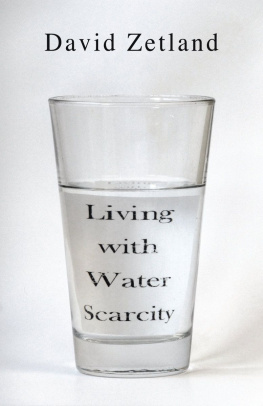Table of Contents
Praise for Water
'A brilliant overview of an enormous subject' Steven Poole, Guardian
'Should be read far, wide and as soon as possible... it does an excellent job of promoting a rational, effective, trans-ideological approach to environmental decision making' Miguel Mendona, Resurgence
'Caldecott keeps a masterly hand on the reins of what is a vast topic... With laudable dexterity, [he] moves from the very small to the very large, from the interactions of atomic particles to the role water plays in the biosphere' Ecologist
'A prophetic read' Edward P Echlin, ecological theologian and author of The Cosmic Circle .
'Includes a lucid presentation of the Aquatic Ape Theory... The book shows that we can avoid disaster if we come to our senses and give Gaia a helping hand' Elaine Morgan, evolutionary anthropologist and author of The Descent of Woman and The Scars of Evolution .
About the Author

Dr Julian Caldecott is an ecologist with a mission to help reduce and repair the damage that we are doing to the biosphere the thin skin of life on Earth. He's spent years doing this through projects in tropical countries where the pace of environmental destruction is often fastest. His recent work as a senior consultant to the UN Environment Programme has aimed to restore natural ecosystems so as to reduce disaster risks and increase environmental security in the face of climate change. Julian sees the global water crisis as an outcome of humanity's unbalanced relationship with the biosphere. To correct this, he believes that the most important need is for public understanding of the values, functions and fragilities of nature, upon which effective action can be built. His books, which include Deep Water , Designing Conservation Projects and the World Atlas of Great Apes , aim to promote both understanding and action. Visit his web-site for more details: www.juliancaldecott.com.
WATER
Life in Every Drop
Julian Caldecott

This eBook is copyright material and must not be copied, reproduced, transferred, distributed, leased, licensed or publicly performed or used in any way except as specifically permitted in writing by the publishers, as allowed under the terms and conditions under which it was purchased or as strictly permitted by applicable copyright law. Any unauthorised distribution or use of this text may be a direct infringement of the author's and publisher's rights and those responsible may be liable in law accordingly.
ISBN 9780753517352
Version 1.0
www.randomhouse.co.uk
This edition published by Virgin Books 2008
2 4 6 8 10 9 7 5 3 1
Copyright Julian Caldecott 2007, 2008
Julian Caldecott has asserted his right under the Copyright, Designs and Patents Act 1988 to be identified as the author of this work.
This electronic book is sold subject to the condition that it shall not by way of trade or otherwise, be lent, resold, hired out, or otherwise circulated without the publisher's prior consent in any form other than that in which it is published and without a similar condition including this condition being imposed on the subsequent purchaser
First published in Great Britain in 2007 by
Virgin Books
Random House
Thames Wharf Studios,
Rainville Road
London, W6 9HA
www.rbooks.co.uk
Addresses for companies within The Random House Group Limited can be found at: www.randomhouse.co.uk/offices.htm The Random House Group Limited Reg. No. 954009
A CIP catalogue record for this book is available from the British Library
ISBN: 9780753517352
Version 1.0
For Moyra
'The whole world has now become like one
family, almost like one body. So some
destruction of some other part of the world is
actually destruction of yourself.'
His Holiness Tenzin Gyatso,
the 14th Dalai Lama of Tibet
'The way we use water is a measure of us '
Satish Kumar, Earth Pilgrim
Measuring Water and Land
1 cubic kilometre (km3) = 1 billion cubic metres (m3) = 1 billion tonnes of water
1 m3 of water = 1,000 kilos = 1 tonne of water
1 gigalitre = 1 billion litres = 1 million m3 = 1 million tonnes of water
1 square kilometre (km2) = 100 hectares (ha) = 247 acres = 0.386 square miles
1 ha = 10,000 square metres (m2) = 2.47 acres = 0.004 square miles
For explanations of key words used throughout this book, see the glossary in Appendix 1.
Foreword
As I write this, Britain is having a crash course in water awareness. Many of this book's themes are suddenly becoming all too familiar. We have realised, for example, that our vulnerability to flooding is made worse by building on floodplains, by channelling rivers through narrow, artificial banks, and by covering ground with tarmac and concrete, thus preventing it from absorbing water. We've learned the irreplaceable value of clean drinking water, and we are coming to realise that climate change is steadily demolishing our expectations about a gentle English climate.
Water is an extraordinary substance that makes life on Earth possible. But almost all the world's water is salty, and for us on land a regular supply of fresh, clean water is uniquely precious. Such a supply is the most important service that an ecosystem can offer, yet is often allowed to lapse through abuse, or it is diverted from those who really need it, or destroyed by over-use or pollution. As a result, over a billion people now have no access to clean water and 2.6 billion have no effective sanitation system. One consequence is a huge waste of human energy in an endless quest for water, a burden that often falls hardest on women and children. Another is unnecessary illness, which every year claims the lives of nearly two million children. We are, in every sense, facing a global water crisis.
Yet, as Julian Caldecott explains here, this global crisis is in fact made up of tens of thousands of local water crises, each one due to decisions that affect local ecosystems. Water and ecosystems are linked, from the boundaries of each catchment to the streams, rivers, lakes, floodplains, swamps and estuaries created by water. Everything we do in a catchment affects what happens downstream, so logging, farming and grazing, applying fertilisers or pesticides, dumping garbage, releasing sewage or spilling chemical wastes all have an impact that's conveyed by the ultimate solvent, water. Meanwhile, we've taken to pumping water from the ground at rates far higher than it's being replaced, causing wells to run dry in region after region.
This book is about human decisions. Julian Caldecott draws stories from all over the world, and reveals the many ways in which our experience of water is a common one. He shows how different approaches can have different outcomes, some destroying ecosystems, some transforming them, some sustaining them. But there's also a bigger context. The viability of the biosphere depends fundamentally on water often in ways that we barely understand. Water, ecosystems and climate are inextricably linked, so we need to make wise decisions about all three. Local ecosystems determine whether or not there's water in your well, river or tap, and help dictate rain or drought, storm or famine. All the evidence is that the negative changes we make to our environment are contributing to mass extinction, local water crises, and further climate chaos.

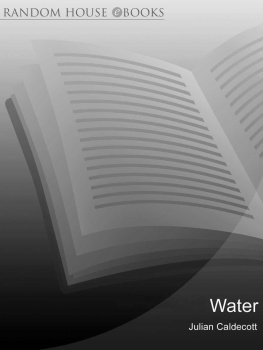
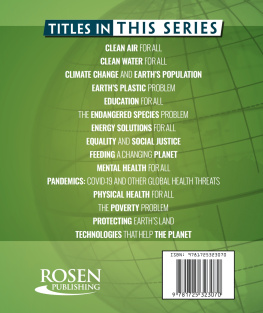
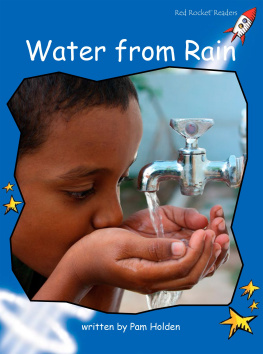
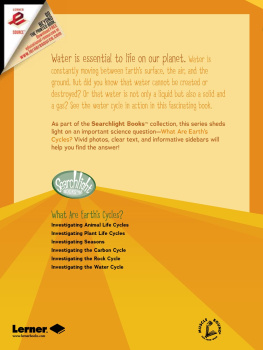
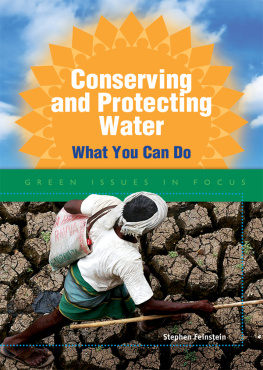

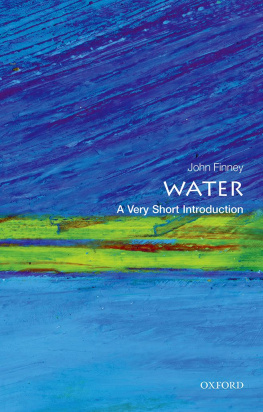
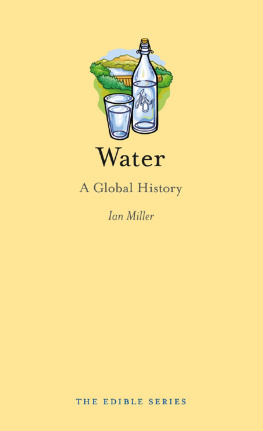
![David E Newton] - The global water crisis : a reference handbook](/uploads/posts/book/104432/thumbs/david-e-newton-the-global-water-crisis-a.jpg)
